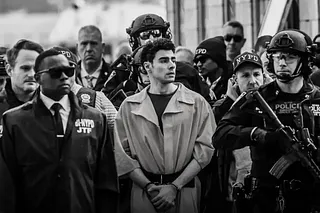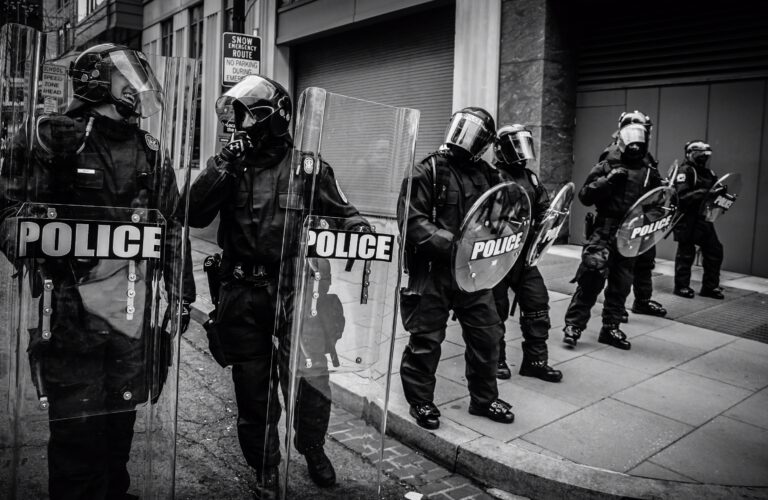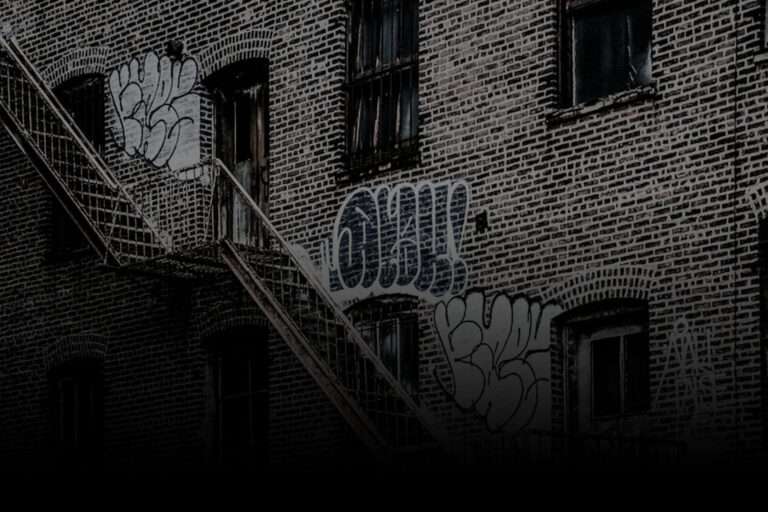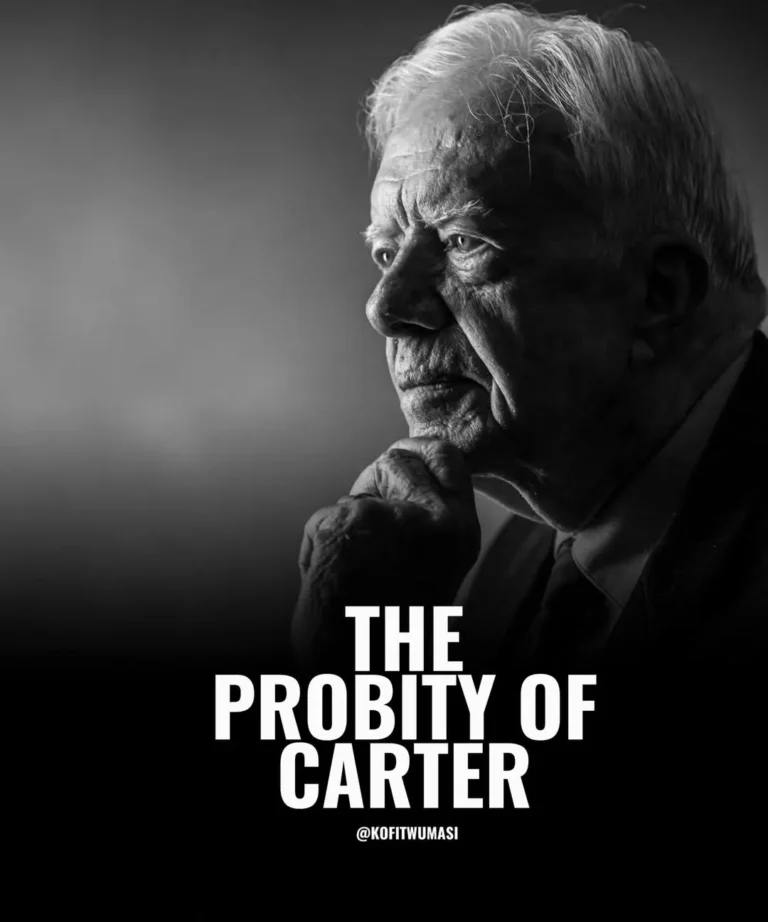The composition of Luigi’s alleged incursion has undertaken the binary of a nefarious foray against a proxy of corporate America, and simultaneously, it has gained the groundswell of patronization as a deified deed of vigilante vengeance.
In relation to the binary tent one may reside in, vigilantism is a cautionary sketch as it has the potency of perversion—and conversely, unaliving a person, deduced in a vacuum, is a sordid reality; however, Luigi’s deeds may not be immoral, as the proposition of saddling righteous indignation for the downtrodden, against the frontier of the health-insurance industrial complex, is not wholly irrational.
From the window-dressing lens of rigorous deconstruction, Luigi is a manifestation of a Robin Hood archetype, who found an expression (allegedly) in exercising retributive punishment, against the ogres of mammon, who have incessantly assailed the mundane demos.
The health insurance industrial complex has become an enterprise skewed in siphoning an exorbitant amount of capital from the rank and file without reciprocating serviceable deeds to its clientele: The industry has concocted a labyrinth of trap doors to make it cumbersome for medical claims to be acquiesced, at the expense of inexcusable fatalities.
Adjudicating Luigi’s motions on the shadow of a corporeal fatality minifies the crux of the gambit, as the societal ire toward the health insurance industrial complex, has become trivialized by stakeholders, with no sizable resolutions for the prosaic citizenry.
The Red, White, and Blue have made health insurance a garment of luxury and not one of inalienable necessity.
Luigi’s deeds in the theater of justice can become actualized as a modus operandi of necessary evil, against the arc of oligopoly exploitation.
Once death, is situated in the domain of a red herring, and justice is not tilted to the prejudice of divine law, but adjudicated on the whims of natural law, Luigi’s deeds may become illuminated with wholesale rationality.









